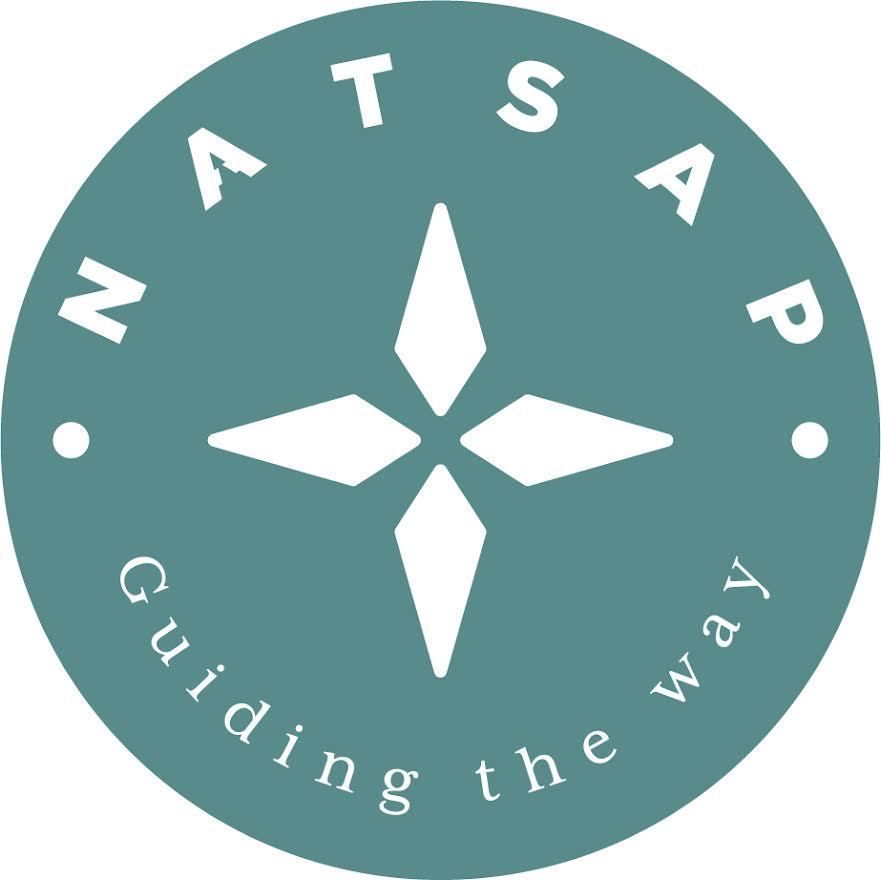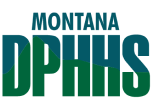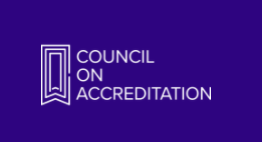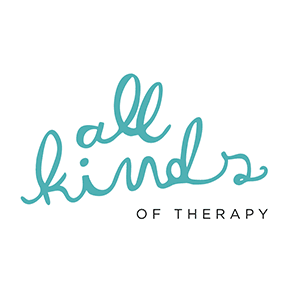Clinical Foundation
Intermountain Residential’s clinical approach is rooted in our Developmental Relational Approach that we adopted in 1982 and addresses each child’s individual needs, while using relationships and experiences to help re-wire systems in the brain. Our clinicians use a developmental lens to view attachment and connection patterns of each child.
Each house of 8 children has a therapist, whose office is in the house. This is intentional and an important component of therapy influencing the milieu as well as the milieu influencing therapy. Each clinician serves as a team leader for their house and supports the direct care staff in treatment planning and in the moment coaching for relational containment and depth. Clinicians provide the guidepost for each child’s treatment roadmap through their case conceptualization.
Each clinician is, at minimum, a master’s level clinician and receives weekly individual supervision and bi-weekly group supervision with the clinical team. Our therapists include both licensed and licensure candidates. All of our clinicians are encouraged to bring their own specialties and interests to the team, including sign language, advocacy work, military experiences, loss and grief, and equine therapy. We require our clinicians to have a strong knowledge of child development, Attachment Theory, and trauma informed approaches.
Intermountain Residential believes in the integrated, holistic approach that joins clinical, academic, milieu, and family.
-
Milieu Therapy
The structure of our milieu provides numerous intentional opportunities for experiential practice to reinforce skills and support brain plasticity, as well as opportunities for fun within relationships.
The intentional makeup of our houses are designed to create an environment where the dynamics of the home environment play out, including the sibling/peer relationships, providing a 24/7 environment to work through, process, and develop new skills in how to navigate all relationships.
-
Individual Therapy
Each child is provided weekly individual therapy by a master’s level clinician. This may be in one session or several sessions as needed. While this is the minimum, having the therapist’s office in the cottage allows for many more interactions between your child and their therapist to foster that relationship. Each child’s therapy is individualized to them and their needs. Our therapists are versed in numerous modalities to best address the therapeutic needs of each of our children, including evidence-based practices such as CBT, DBT, TBRI, family systems understanding, life narratives, social story work, and play therapy.
-
Group Therapy
Each child is offered group therapy on a regular basis, within the house in which they reside, in addition to regular milieu group check-ins. All of which are designed to practice insight development, self-advocacy, teamwork, healthy peer interactions, and positive peer culture. Additional groups may be provided based on the needs of the child, and may include groups on social skills, adoption, girls’ group, boys’ group.
-
Family Therapy
When a child comes to Intermountain, their relationships with others, especially their parents are strained. Repairing those significant relationships are a critical component of healing the family and impacting the family system.
Family therapy is delivered through multiple modalities and is focused on improving communication, repairing and strengthening the relationship, and rebuilding trust within the relationships that have been impacted. Family therapy will work to build parents’ confidence in their abilities to connect with their child.
While the main focus will be on the parental relationships, we also know that sibling relationships have been impacted by the challenging behaviors. These sibling relationships also require healing and re-building trust.
-
Equine Therapy
Intermountain may refer a child to a community equine provider that would be a supplemental service if it is determined appropriate by the treatment team and parents.









